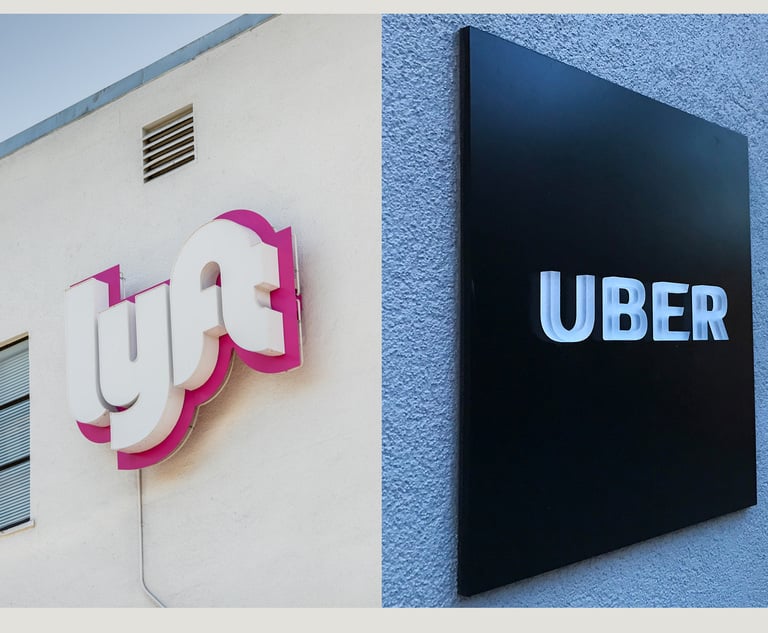California Supreme Court Upholds Proposition 22
On August 20, 2021, the California Supreme Court upheld Proposition 22, a ballot initiative that allows app-based ride-hailing and delivery companies to classify their drivers as independent contractors rather than employees. This decision is a major victory for companies like Uber, Lyft, and Doordash, which spent millions of dollars campaigning for the measure in 2020.
Background of Proposition 22
Proposition 22 was passed by California voters in November 2020 with 58% support. The measure was designed to exempt app-based drivers from Assembly Bill 5 (AB5), a law that made it harder for companies to classify workers as independent contractors. AB5, which went into effect in January 2020, required companies to reclassify many gig workers as employees, giving them access to benefits like minimum wage, overtime pay, and health insurance.
Legal Challenges
Almost immediately after Proposition 22 passed, it faced legal challenges from labor unions and workers‘ rights advocates who argued that the measure was unconstitutional. These groups claimed that Proposition 22 violated the state constitution by restricting the legislature’s ability to regulate employment practices.
California Supreme Court Ruling
In a unanimous decision, the California Supreme Court rejected these arguments and upheld Proposition 22 as constitutional. The court ruled that while the measure limits the legislature’s power to regulate the employment status of app-based drivers, it does not prevent the legislature from passing other laws to protect workers‘ rights.
Impact on App-Based Drivers
The ruling is a blow to drivers who hoped that Proposition 22 would be overturned. Many drivers have criticized the measure for denying them basic labor protections and access to benefits. However, companies like Uber and Lyft argue that classifying drivers as independent contractors allows them more flexibility and control over their work schedules.
Conclusion
The California Supreme Court’s decision to uphold Proposition 22 is a significant victory for app-based ride-hailing and delivery companies. However, it is also a setback for workers‘ rights advocates who argue that gig workers deserve the same protections as traditional employees. The ruling sets a precedent for other states considering similar legislation and highlights the ongoing debate over the gig economy’s impact on labor practices.
FAQs
Q: What is Proposition 22?
A: Proposition 22 is a ballot initiative in California that allows app-based ride-hailing and delivery companies to classify their drivers as independent contractors rather than employees.
Q: What was the legal challenge to Proposition 22?
A: Labor unions and workers‘ rights advocates challenged Proposition 22 in court, arguing that it was unconstitutional because it restricted the legislature’s ability to regulate employment practices.
Q: Why did the California Supreme Court uphold Proposition 22?
A: The California Supreme Court upheld Proposition 22 as constitutional, ruling that while the measure limits the legislature’s power to regulate the employment status of app-based drivers, it does not prevent the legislature from passing other laws to protect workers‘ rights.




